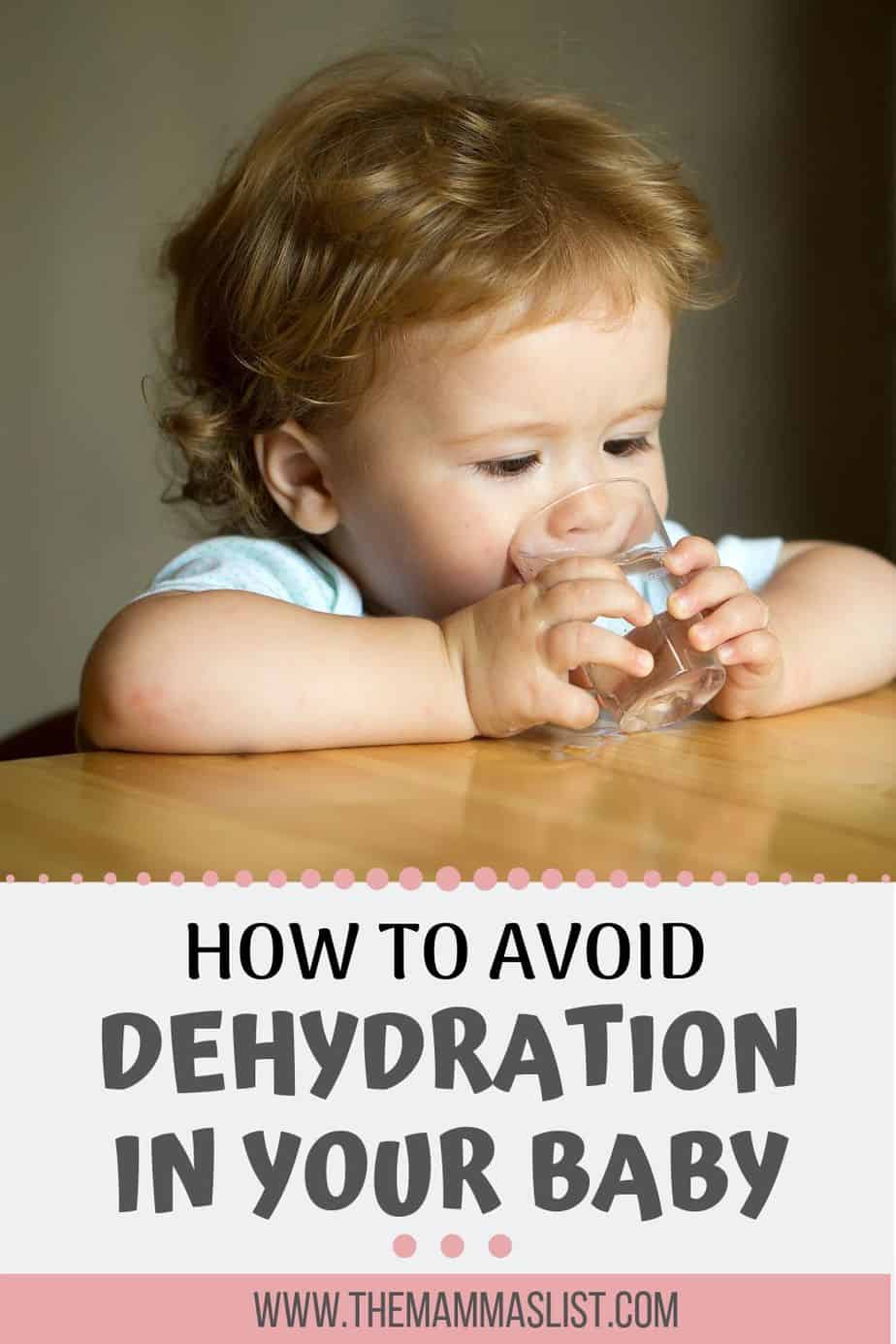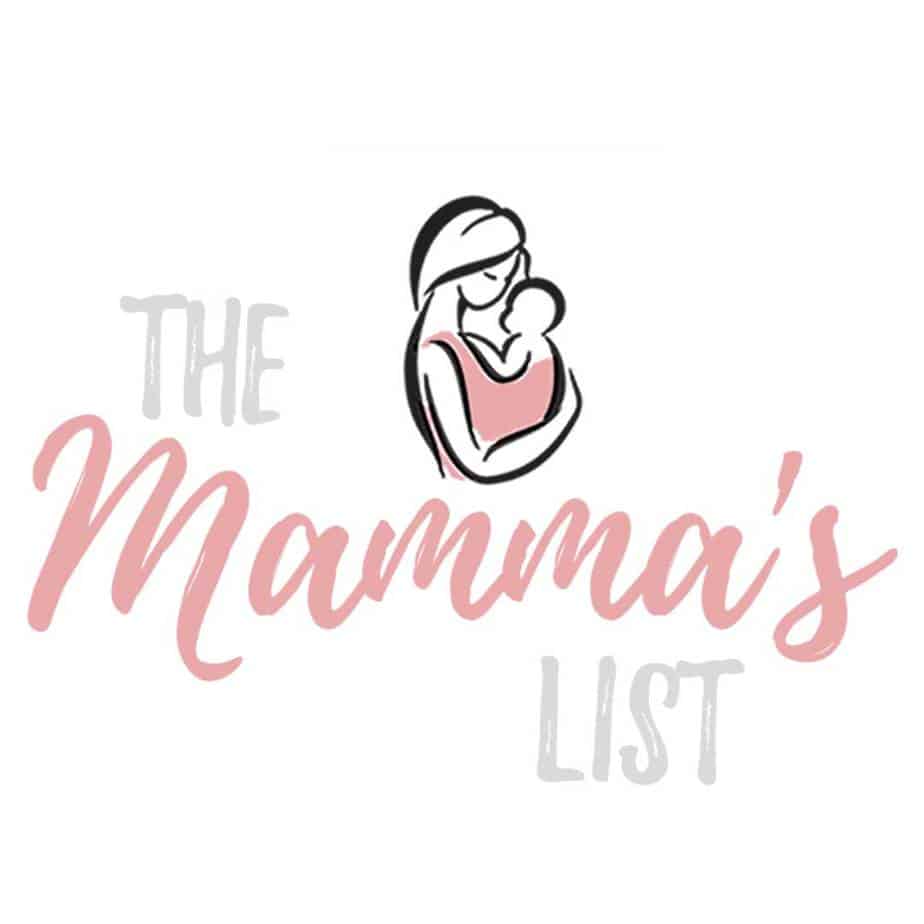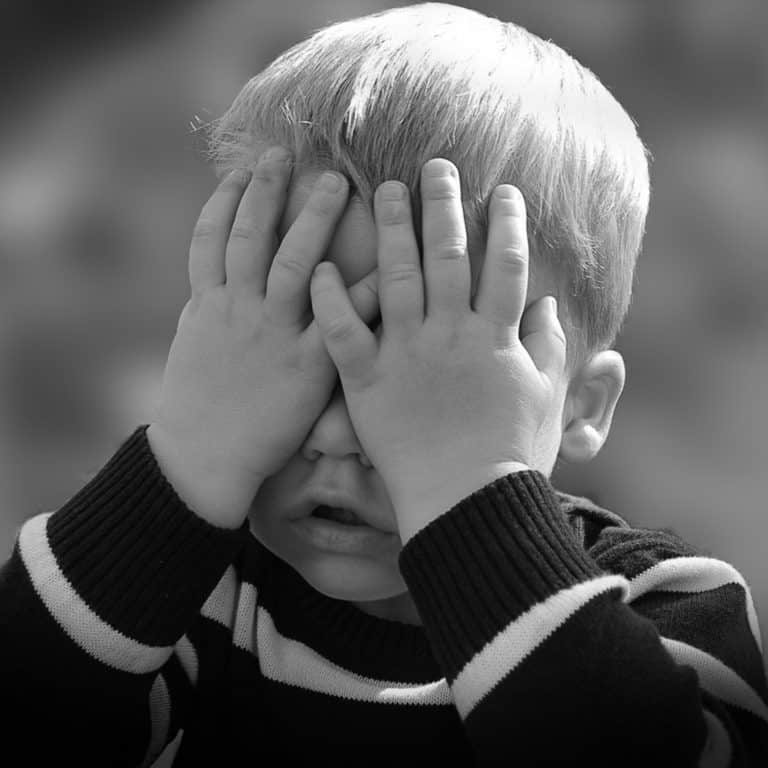How to avoid baby dehydration during the summer months
It’s the time of year again when everything is heating up, school’s out, and you’re likely headed outside for more fun in the sun. Summer is this amazing time of year when flu bugs go away, the weather is amazing and vacations are on everyone’s mind. However, with all this awesomeness you need to take a little extra care to avoid baby dehydration. These tips will help you have an amazing time in whatever you’re doing while keeping your baby hydrated.
This post probably contains affiliate links. That means if you buy something using one of my links I may receive a small commission – at no additional cost to you! How cool is that? It’s kind of boring, but feel free to read my full disclosure if you want more info.

Things to do to keep your baby hydrated
#1 Breastfeed or give formula on your regular schedule, and then offer additional feedings to quench thirst.
Babies avoid dehydration just like adults, by drinking. Just because your baby drinks milk instead of water doesn’t make this different. Offering more breastmilk and formula is exactly the right way to keep baby hydrated. Breastmilk and formula are mainly made of water, so every time baby drinks she’s being rehydrated.
#2 Avoid direct sun exposure for more than 15-30 minutes at a time and stay in the shade
This one should be obvious, especially since babies under six months shouldn’t really be wearing sunscreen. Stay in the shade or somewhere out of direct sunlight if you’re outside with your baby. Not only will you protect against sunburn, but you’ll also be avoiding dehydration with less direct sun exposure.
#3 Go inside intermittently
If you’re somewhere near an indoor area, take breaks to go inside intermittently. This will help regulate both your and baby’s body temperature. In addition to drinking more frequently, cooling off throughout the day also helps keep you hydrated.
#4 Don’t give water to babies under six months old.
See #1. Offer more milk or formula. Yes, it may seem gross to you to drink milk when it’s hot out. It’s exactly what your baby needs.
Babies under six months can actually get sick if they drink too much water. And for this age group, that means any water. They get everything they need from breastmilk or formula. Offering more of what they’re already drinking is the way to go.
#5 Plan outdoor activities outside the peak sun hours of 10 a.m. – 2 p.m.
This is just a good summer practice, not only to avoid dehydration. The sun’s rays are harshest during this time period, and you’re more likely to get burned if you’re outside then. If you’re planning extended time outdoors, try for early in the morning or late afternoon when the sun isn’t quite as strong.
#6 Dress baby in light, breathable clothing. Cotton is awesome.
If you’re not cold, your baby probably isn’t cold. This isn’t true for all scenarios, but it is if you’re outside during the summer months. A key way to avoid baby dehydration is to dress baby in light layers and breathable fabrics during the summer. They get hot too, so no need to dress and then wrap in a blanket when it’s hot outside.
#7 Never cover or use car seat carrier covers for extended periods of time.
It’s basically like an oven under there. I was definitely guilty of this with my first baby. I thought I was keeping her out of the sun. Once I read about this and stuck my hand under the cover, I realized how much hotter it was in that small space.
PLEASE don’t use a heavy car seat cover on your baby during the summer. Not only will it help avoid dehydration but also could prevent a serious accident.
#8 If your baby is already dehydrated, use a rehydration solution after calling your pediatrician.
Don’t take my word on this one. Call your doctor first since they might send you straight to the ER. Your situation or the severity of baby’s dehydration will determine your course of action. If you remain home and are already rehydrating with breastmilk or formula, you might be instructed to use an over-the-counter rehydration solution.
How to tell if baby is dehydrated
So, you followed all the steps above but you’re still worried your baby may be dehydrated. Here are a few key signs to watch out for.
- Sunken soft spot or eyes
- No tears when crying
- Decreased urine output (i.e. fewer wet diapers)
- Lethargy
Unfortunately, babies can’t really tell us when they’re experiencing dehydration symptoms, and often dehydration in infants only appears visible once they’ve already become significantly dehydrated. It’s important to take precautions and follow the steps to avoiding baby dehydration during the summer months.
If you think your baby is dehydrated, call the doctor immediately.
You can have a great time outside this summer with your baby as long as you ensure you’re taking precautions to keep hydrated and avoid baby dehydration. Summer should be fun, so stay safe!








